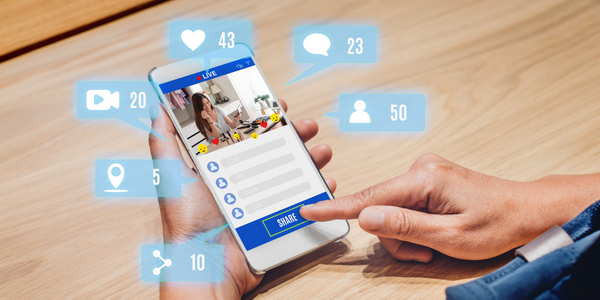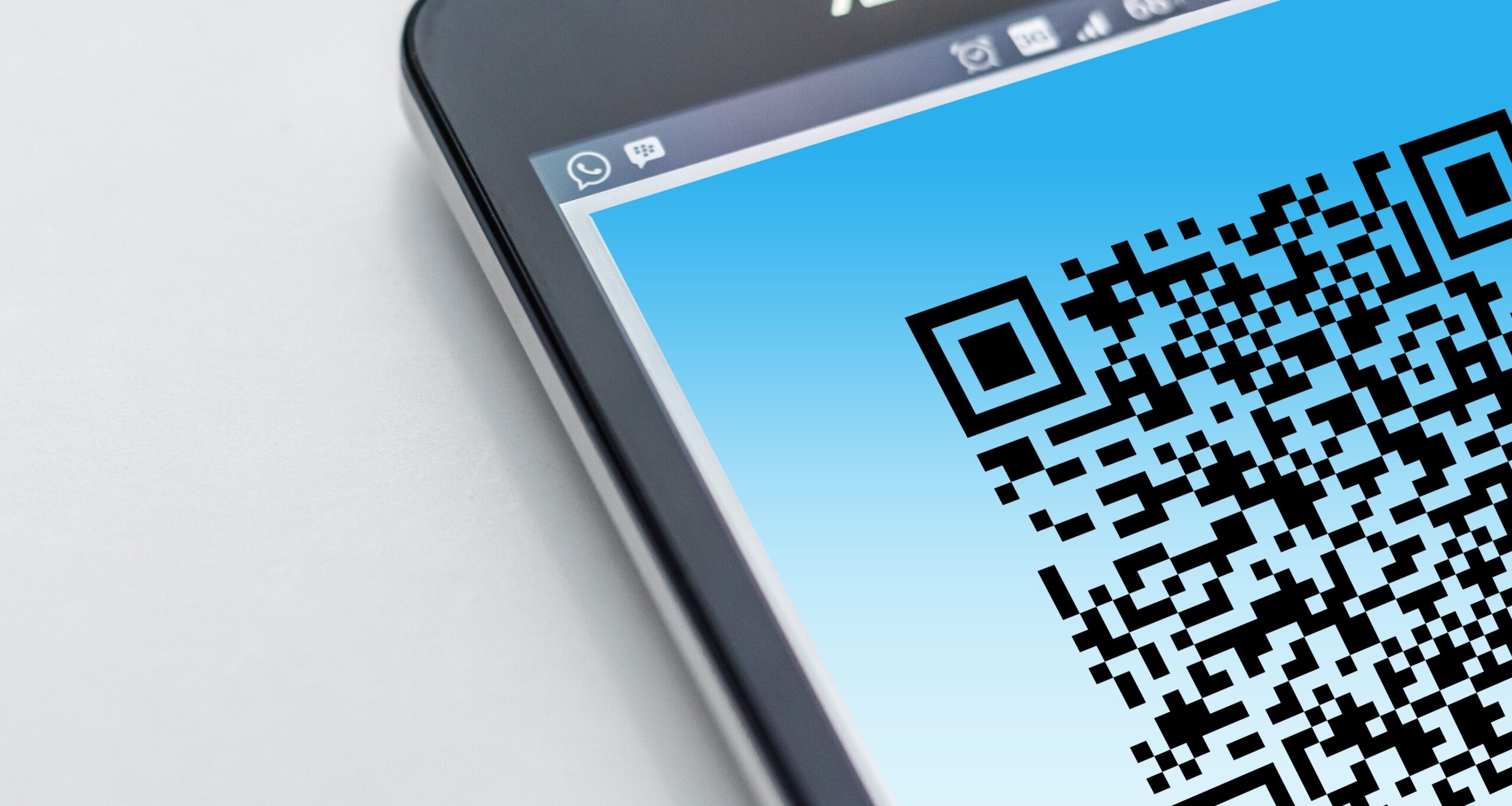We live in an age where data is easily accessible for anyone who is interested in utilizing it to procure event sponsorship. Anyone with a computer or smartphone can now access data about how well their social media page is doing, the demographics of who is interested in that page, how much time they spend on their phones and tons more. Data is an important thing for anyone involved with event sponsorship sales, especially those looking for corporate sponsorships for their entertainment events.
Data Is Key to Event Sponsorship Sales
Luckily, today’s technology has advanced far enough so that event organizers can now use data to help them in their search as well as their pitches for event sponsorship sales. When you are planning live events, whether they are big or small, having an event sponsor can help your event by allowing you to spend money in certain areas to make the event great. It also brings credibility to your live entertainment event because event sponsorship is viewed as an endorsement of your event by the corporate sponsorship.
Looking at your attendee demographics, ticket sales, event attendance, online engagement and others can help you to secure an event sponsorship for your next live event.
Get Sponsors Using Attendee demographics

When pitching your event sponsorship to potential sponsors it’s a great idea to have attendee demographics and psychographic information from either a previous event or the projected demographics for the event that you’re planning.
Data on targeted attendees can help you tremendously not only when planning an event but also when trying to pitch your event to sponsors. Having data on your targeted audience can help you to craft your next event into something you know that your attendees are going to connect with and enjoy attending. This data can also help in your search to find the perfect sponsor by finding similarities between your target market data and your intended sponsor’s desired market.
Showing these potential sponsoring brands the data you have acquired about your expected attendees can help them to better connect to your event and decide to become a corporate sponsor. When searching for sponsors, it’s a good idea to try and look at companies whose target market have similar characteristics to the ones that attended your previous event or will attend your next event.
Corporate sponsors are more likely to want to participate as a sponsor if they see that they will be able to reach more people within the same traits that their brand attracts. Providing your audience characteristics data is just one piece of information to show potential sponsors. Other data can include ticket sales, past sponsors, and event attendance from past events.
Assemble Ticket Sales and Event Attendance from Past Events for Sponsorship Sales

This data is important because sponsors can use this information to gauge how big of a turnout you have been able to get for previous events and in turn estimate how big of a turnout the event you are pitching will have. Having proof that your event has grown in numbers each year is a great way to grab the attention of sponsoring companies.
Usually, bigger brands that may be interested looking at an event title sponsorship will request ticket sales and event attendance from you before considering the sponsorship. There is usually an attendance number in mind that these companies have that they would like to see before accepting the offer to sponsor your event.
Showing ticket sales your event garnered can show potential sponsors that your event will help their brand reach a certain number of attendees and in turn new customers for them. Sponsorships should be a mutually beneficial relationship where you can provide exposure to their brand, and they can help you to create the best event that you can.
Online Engagement Is Another Data Set of Interest to Sponsorship Brands

Online engagement is a huge part of gauging how well your online marketing is going. In turn, it shows the interest in the event and how engaged potential attendees are with its online presence. Both event marketing strategy and online engagement will provide an indication of how big of a response it will get in terms of turnout.
Another thing to have is data on email marketing campaigns associated with your event. Do you have a mailing list of past attendees or ticket buyers? If so, list size, email frequency, open rate, click rate, forwarding rate are data points that potential event sponsorship brands will be interested in as they evaluate whether or not to become a sponsor for your entertainment event.
Other Information Helpful to Get Sponsors
Other things that you can have prepared for sponsors are testimonials from previous attendees as well as participants and photos and videos. Testimonials can help solidify that what you are showing in data is also showing through your attendees’ impressions of your previous event.
Data is a great thing to have, but on top of that, having actual testimonials from an attendees or participants takes you one step further in building credibility with potential sponsors and getting them on board with sponsoring your event.
Along with testimonials, having high quality photos and videos of past events can help show your event to those interested in event sponsorship. Photos and videos are helpful for obvious reasons. They provide potential sponsors what words can’t, such as the overall look and experience of the event; crowd size and demographics; entertainment, exhibitors, etc. The visuals should reinforce the data you provide on crowd size, demographics, etc.
Another important piece of information is past and existing brand sponsors for your event. The more sponsors you have, the easier it is to entice others to become sponsors. Remember that sponsors add credibility to your event. The more credibility you have, the easier it is to attract additional corporate sponsorship. Don’t forget the impact of FOMO. Fear of missing out can also be a factor in the decision process for brands as they consider event sponsorship opportunities at your event.
Tools To Get Event Data for Sponsorship Sales
Engagement tracking data can be acquired in many ways from different websites and apps. Here are some tools that can help you in the data collection process.
QR codes and Ticketing Check in Apps

Using an online ticketing platform is a great way to capture emails for future events email marketing campaigns. You can capture emails through the ticketing platform when the buyer inputs their email to receive the tickets. You’ve probably seen the option when buying tickets to receive promotional material from your ticketing platform as it is a common way to gather emails during the ticket buying process. TSE provides a robust and economical ticketing service that captures essential information from the ticket buyer. You can get more information about our online ticketing sales.
Google Analytics
Google analytics is a helpful free tool that you can use to capture information about visitors to your event website. Analytics can provide data on where your visitors are from, when they are visiting your sites, which pages they visit, how long they view pages, demographics and much more about visitors and how they engage with your event website. Site analytics can also show you the source of your event’s website traffic. Visitors may be coming from social media sites, online advertising channels, referral sites, or from organic search. Google Analytics can be a great way to collect data to help your marketing as well as secure sponsors for your next event.
Facebook Insights
Facebook Insights is a powerful analytics tool for analyzing visitors to your Facebook event page and other Facebook presence for your events. Like Google Analytics one of things that Facebook Insights provides is visitor demographics. With that data you can create Facebook lookalike audiences with similar characteristics to expand your marketing efforts to people similar to those visiting your event page.
Creating an event page on Facebook can also show you how many people plan on attending your event or are interested in going. This tool alone is unique because you don’t receive that specific feedback on any other social media site.
Other ways to track data
- Registration Systems are an easy way to collect data and were used before this burst of technology and data tracking systems came about. They can be used when one registers to participate in an event as a attendee, vendor, sponsor, even speakers or VIPs.
- Post Event Surveys are a great way to track feedback from those who participated or attended your event and can give great insight on how to make the event better in the future.
- Giveaways are like registration systems in that you can collect data through a giveaway form. You can giveaway things like free tickets, a meet and greet, food and beverage tickets and more.
Event Sponsorship Takeaway
If you plan on having an event sponsorship sales program as part of future events, they collecting and charting data from previous events is exceedingly important. Having the information at your fingertips could result in bigger corporate sponsors for your next event. You should be collecting information on attendee demographics, attendee interests, ticket sales, event attendance, online engagement, past sponsors, and more. The information you acquire will not only facilitate future sponsorship sales, but also provide insights on your event to help improve your next event.
Of course, another option is to reach out to TSE for event sponsorship assistance. You can learn more about our sponsorship development services.
Related Posts:




